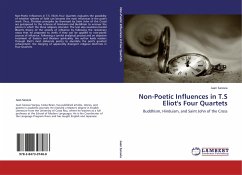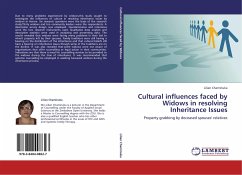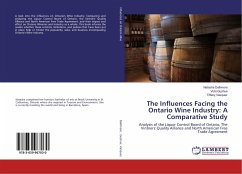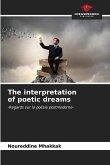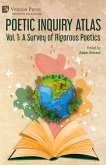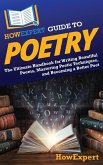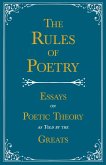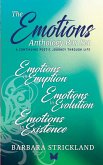Non-Poetic Influences in T.S. Eliot's Four Quartets evaluates the possibility of whether systems of faith can become the main influences in the poet's work. Thus, Christian principles (as theorized by Saint John of the Cross) are juxtaposed to the richness of Hinduism and Buddhism to uncover the points in which the three religions intersect. The text also examines Harold Bloom's theory of the anxiety of influence by following the revisionary ratios that he proposed to verify if they can be applied to non-poetic sources of influence. Following a careful analytical process and an objective treatment of Eastern and Western spirituality, the author leads readers through Eliot's most elaborate poetry to elucidate the poet's greatest achievement: the merging of apparently divergent religious doctrines in Four Quartets.

